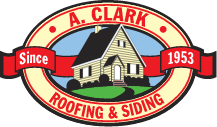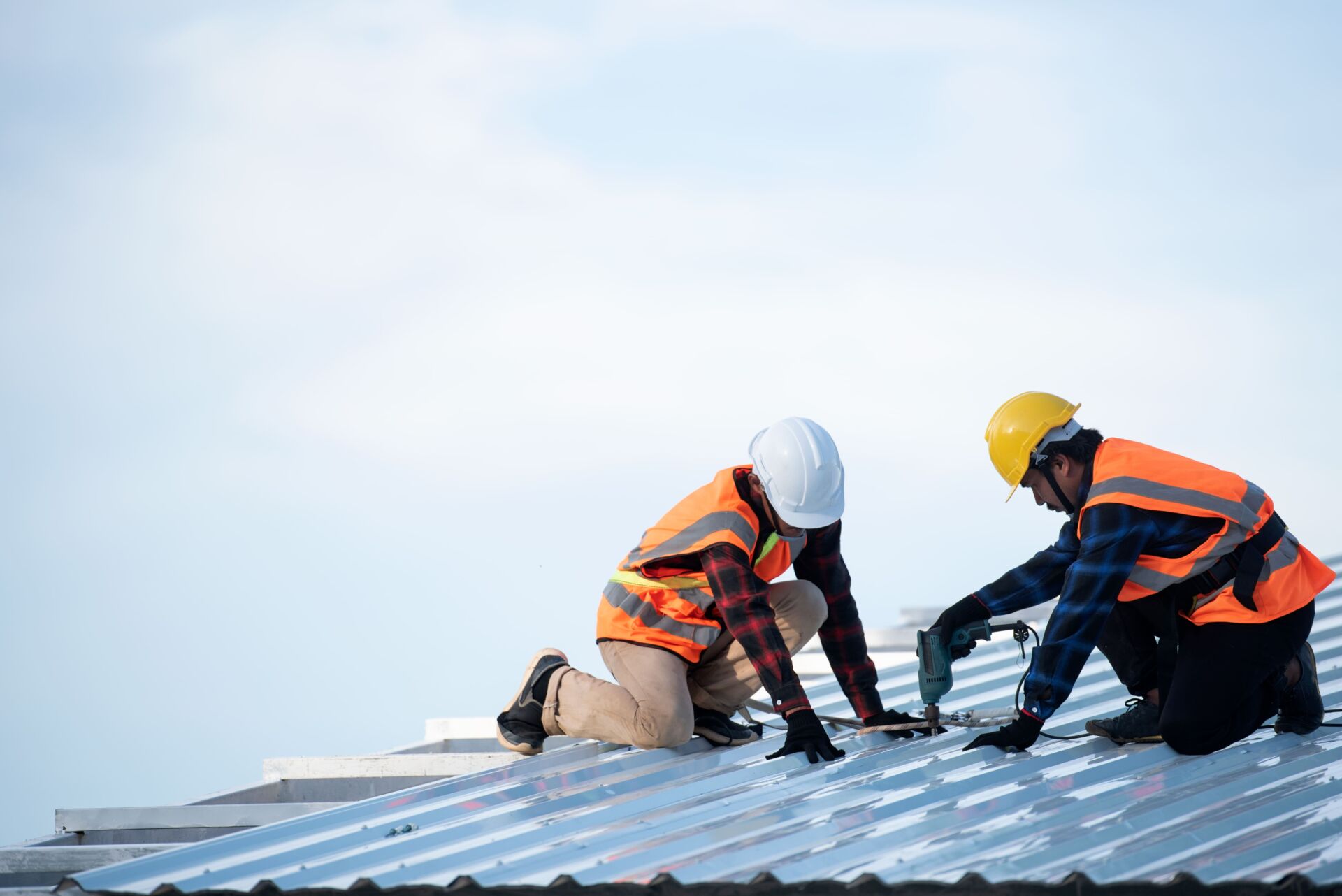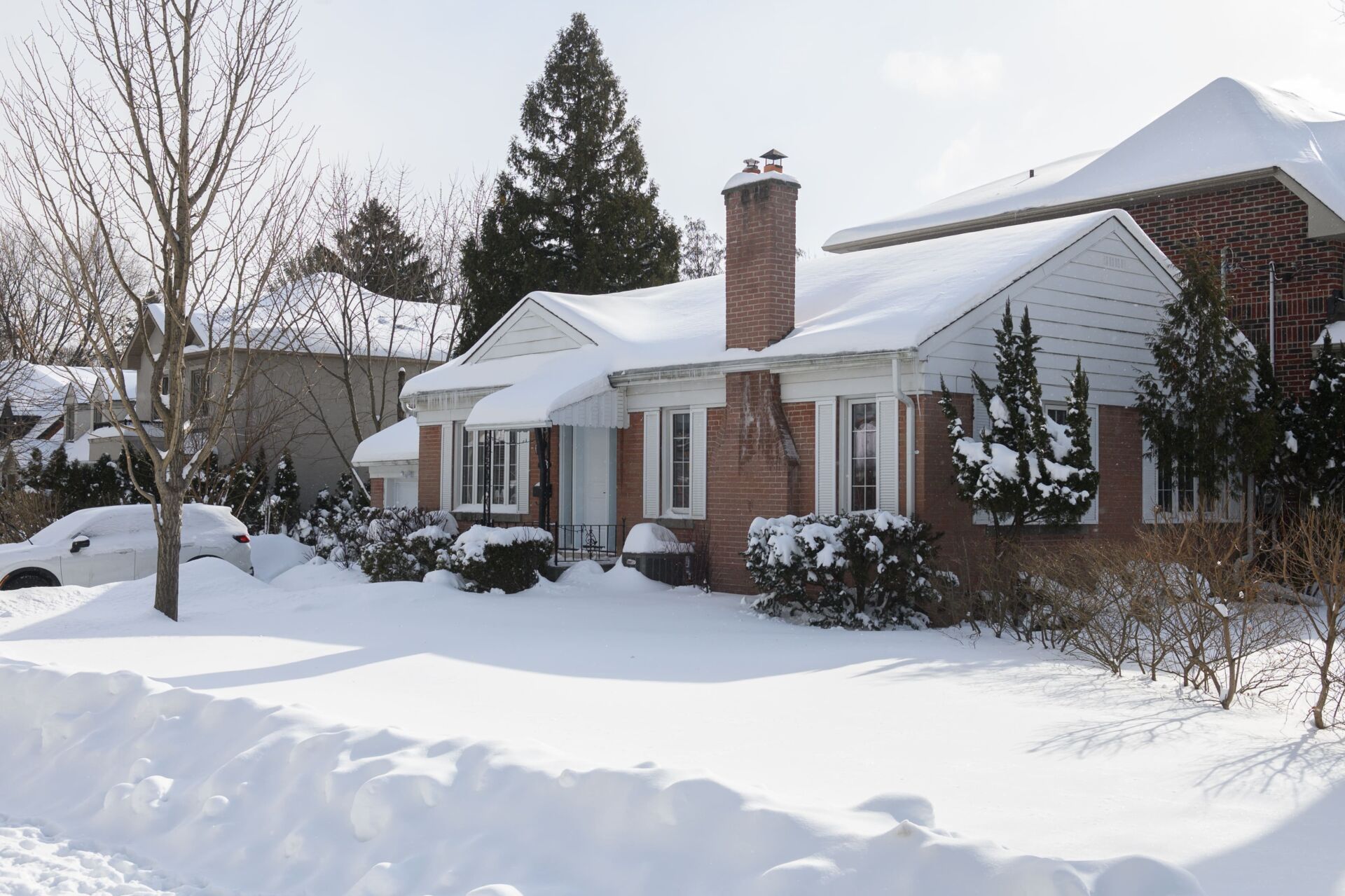Comparing commercial and residential roofs can be like comparing apples and oranges – they seem similar at first, but have completely different textures and uses.
With high-quality materials and proper installation, both commercial and residential roofs can last a long time and protect the building they cover, whether it’s your home or business. But how do they differ?
Commercial Roofing Design
The roofing design can be dramatically different for commercial and residential roofs. Typically, residential roofs are slanted or steep whereas commercial are lower sloped or flat. Additionally, commercial spaces are usually larger than residential homes, meaning a much larger roof design is needed.
High-Quality Roofing Materials
The roofing material used for your residential roof will vary depending on the look of your home, climate, and roofing needs. Typically most homes have asphalt shingles, whereas commercial projects have a lot more variety in the type of roofing system used. Commercial projects could utilize concrete, built-up, tar and gravel, and many other roofing options you wouldn’t see on a home. Because there are so many different options, it’s important to work with a professional to find the right roofing system for your business.
The Commercial Roofing Installation Process
When installing a residential roof, your installation will need to work around a chimney. (And perhaps solar panels, depending on the homeowner). In a commercial installation, the install needs to work around and incorporate smokestacks, cooling and heating units, and various external pipes.
Maintenance & Repair
If you have a roof, it’s a good idea to get it checked regularly for damage – it’s much easier and cheaper to undergo preventive or proactive repairs. As a homeowner, this could mean checking your gutters and getting your roof inspected if you suspect there might be issues. Commercial roofs require significantly more ongoing maintenance, due to their shape, materials, complexity and size.
For repairs, a professional can typically identify and fix the problem area on your residential roof fairly quickly, patching or replacing the issue. On a commercial roof, repairs are typically much more complex due to the increased requirements and guidelines for commercial roofs, the size of the roof, and the roofing solution itself.
A professional roofing inspector will safely work around the mechanical systems on a commercial roof, and help ensure your investment lasts as long as possible, keeping your building safe.
Get Started with Your Commercial Roofing Project.
Whether it’s apples or oranges, or commercial or residential roofs, you want to find a product that meets your needs. Keep the above specifications in mind, and determine the requirements for your roofing project. Then, reach out to the experts at A. Clark to get a free quote and discuss your options.



